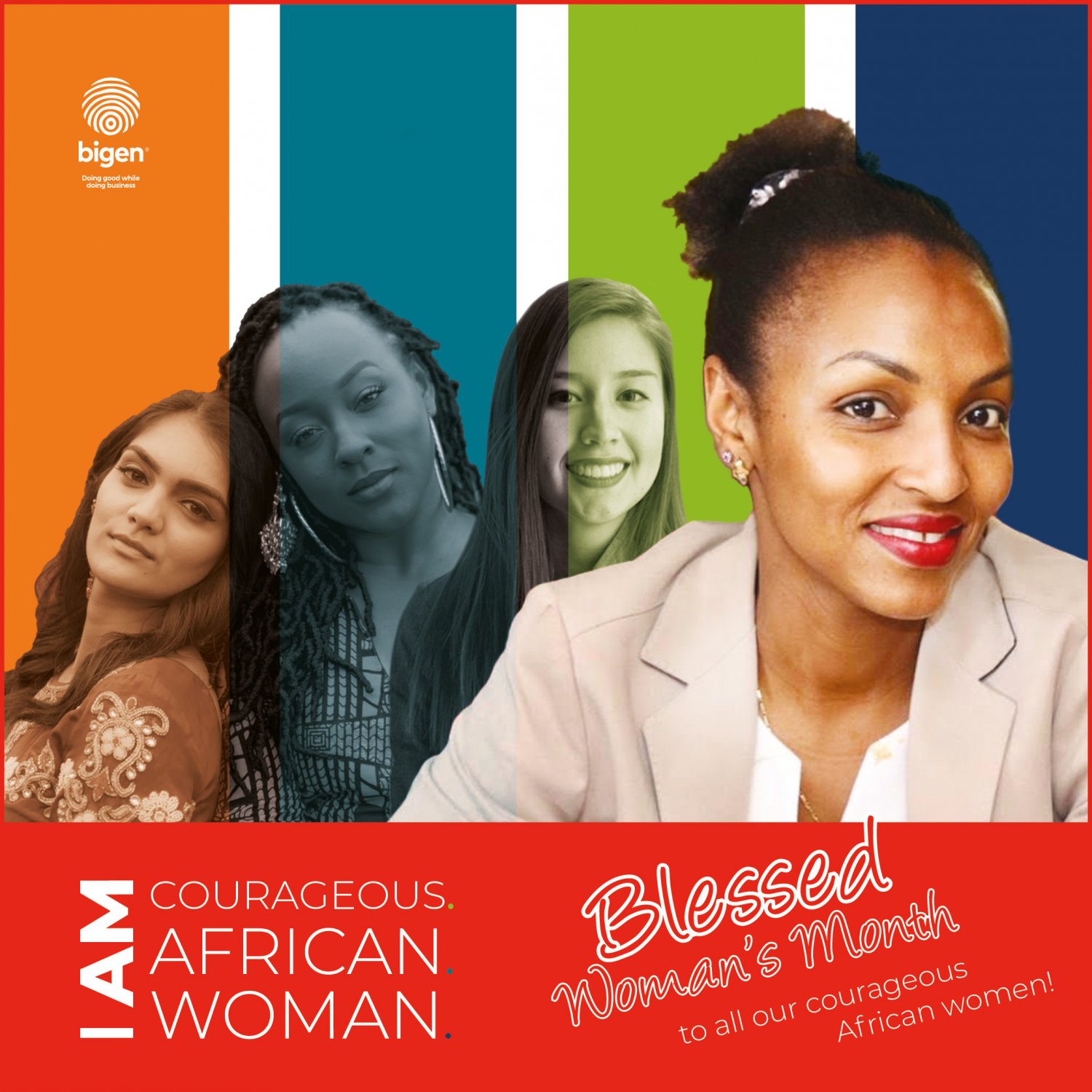Dr Tessy Mutembe – A woman for our time

Dr Tessy Mutembe, Health Management Consultant at Bigen, has not only markedly progressed in her chosen field of clinical research, but has also gained much wisdom on how to navigate a career across what is still really a “man’s world”. Having migrated from Rwanda on her academic journey, she fortuitously finds herself exactly where South Africa needs her now – making valuable contributions to a country grappling with serious infectious diseases including, lately, the coronavirus.
In 2017, Bigen welcomed Tessy on board to support the Health directorate’s mission of improving healthcare in South Africa and on the continent, with her role being to provide evidence-based technical assistance in the development of new hospitals and health facilities. This includes, amongst other functions, conducting market and epidemiological research, providing advisory services focusing on infectious diseases (HIV and TB), and ensuring management coaching and technical guidance within the Health directorate to promote performance improvements and accountability. At present, she is also a consultant in episurveillance on the COVID-19 response for the World Health Organisation.
A specialist in clinical epidemiology, she has achieved significant career success in her chosen field while learning many lessons in how to overcome gender discrimination.
“For me, the main challenge is not so much to try and operate on the male playground,” she confides, “but rather to be aware of my own accomplishments and capability, and publically acknowledge them. Most women have been raised to adhere to ‘modesty norms’, resulting in a limitation on how they sell themselves in the professional world dominated by men.”
There are particular sectors of the workplace – such as construction – where men still dominate, she points out, although there are a few where they do not, such as teaching, nursing and administrative work. These remain, as they did 60 years ago, the most likely professions that women enter.
Having come so much further than our great-grandmothers, she boasts extensive expertise in qualitative and quantitative clinical and epidemiological research where she applies an in-depth knowledge of statistical methods, and in contributing to the design of health interventions.
Post obtaining her MBChB degree at the University of Rwanda and an MSc in Clinical Epidemiology at the University of Pretoria (UP), she accumulated in-depth experience in the field including technical assistance in data review and analysis as well as technical and scientific support in health systems strengthening; surveillance of infectious diseases, especially HIV/AIDS; and the training of nurses and community health workers in the management of patients.
Her experience further includes serving as project manager in non-communicable diseases at the Department of Clinical Epidemiology at the School of Health System and Public Health of UP, and providing technical support on a TB project as a public health specialist at the Sefako Makgatho University. Her other roles include, amongst others, project manager in diabetes research at UP, public health consultant for the United Nations Development Programme, and consulting physician for the Project San Francisco international AIDS vaccine initiative and the Rwanda malaria control programme.
She has completed a vast number of medical and research training courses covering medical ethics, life support, health risk management, immunology in infectious diseases, HIV/AIDS management and many other aspects of her field. She has co-authored a scientific paper on Diabetes and Hypertension screening in Zandspruit, and is a member of the Rwanda Medical Council.
Having more than proven herself in her field, she has valuable advice for women striving to get ahead in difficult circumstances: “Never lose track of your aspirations and dreams. Find a female mentor who can inspire you if needed, and carry on.”
With regard to women’s ongoing struggle for equality, she shares her deep insights: “If we want to see transformation in the future generation – equality at workplaces in our society – change should start in our homes, in how we raise our children. Young girls should be encouraged to have higher expectations and young boys not to feel threatened by this, but rather to see them as equals.”